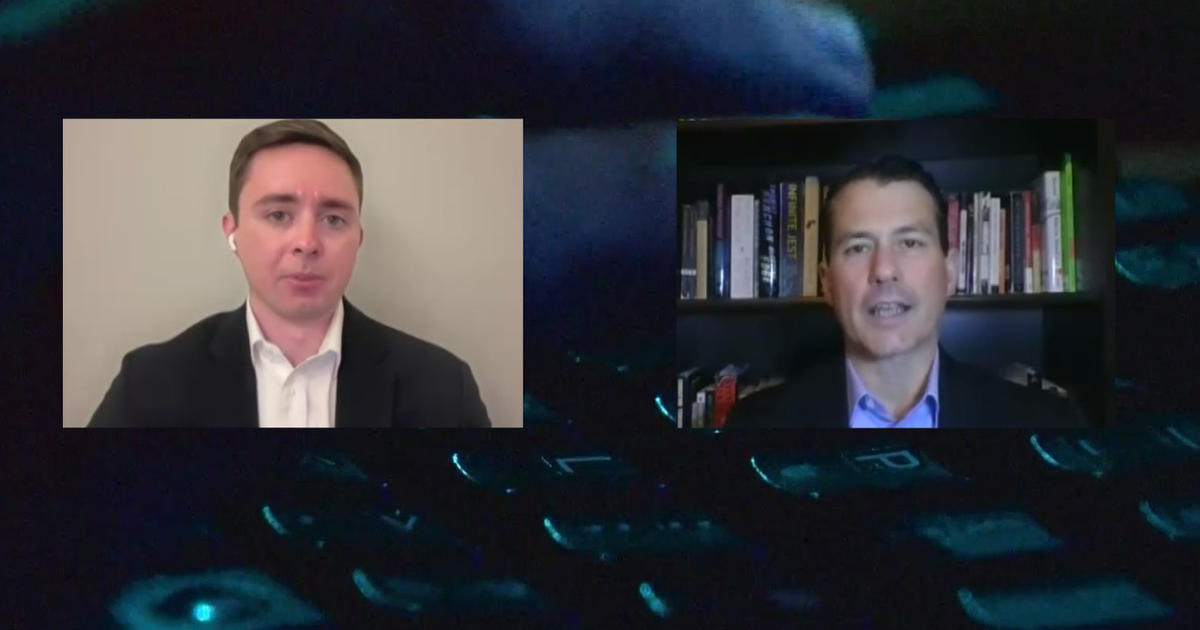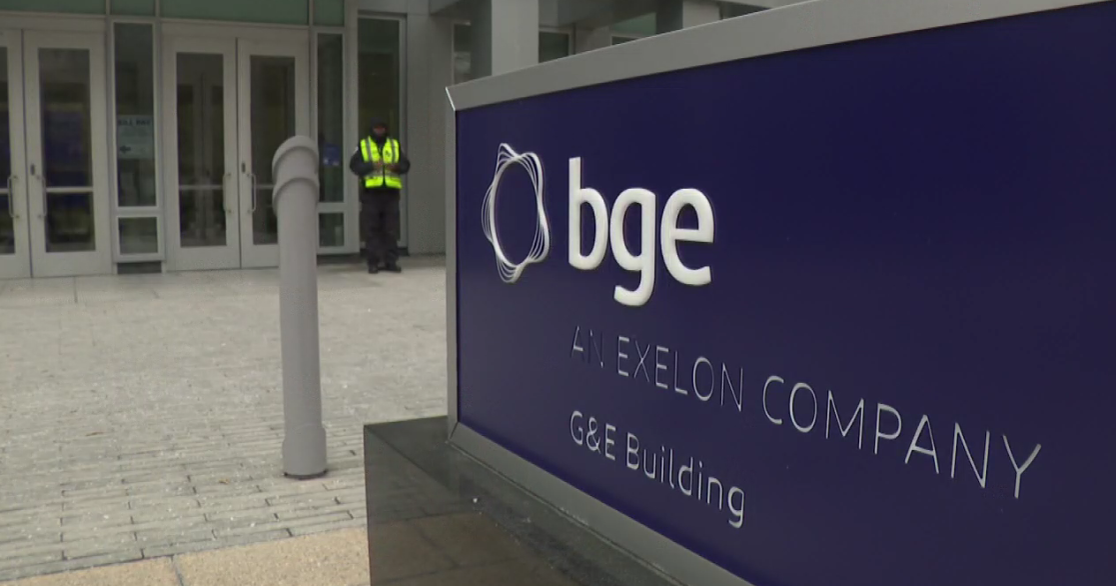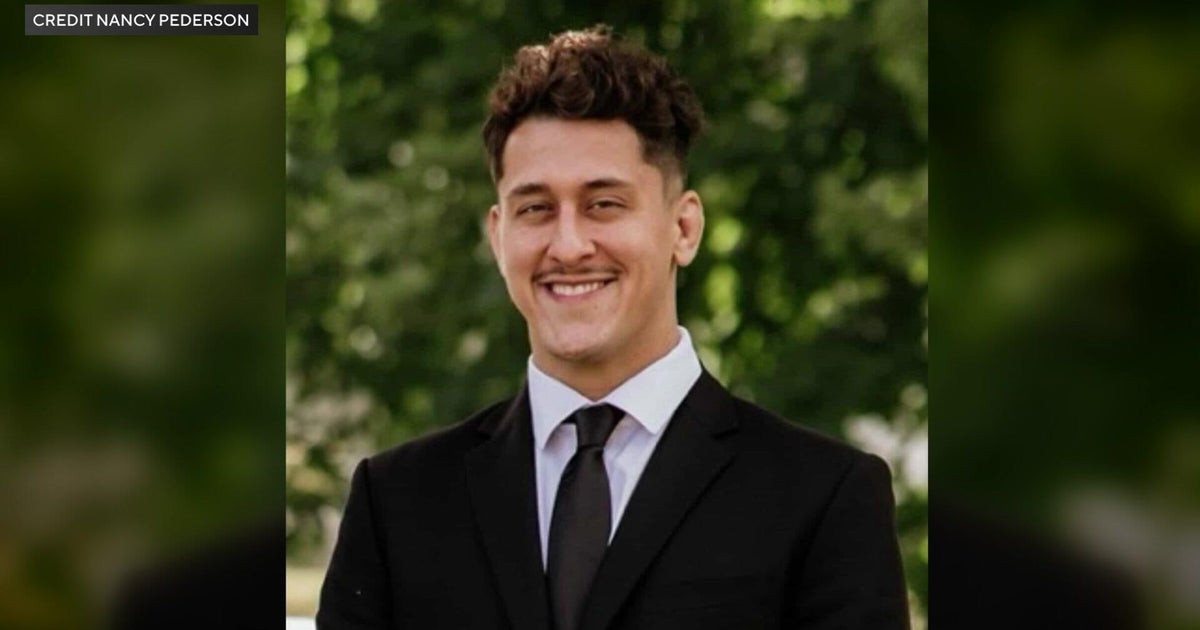Cybersecurity experts recruiting IIT students to fight back against threats online
CHICAGO (CBS) -- Here at CBS 2, we hear from so many of you daily about internet scams and computer hacking that upends your life and your data. As those threats increase, so does the need for technical minds who can fight back.
We met with two high level cybersecurity experts visiting Chicago this week to recruit the next generation of internet crime fighters.
It was a typical day of class for Illinois Institute of Technology students, until a glimpse of what could be their future walked in.
"It's nice to talk to you guys. I'm glad you're working on a relevant problem for us, that's for sure," said IIT alum Don Means Jr., who is now Operations and Infrastructure Center Director of the Defense Information Systems Agency.
The D.C.-based organization provides IT support for the entire U.S. Department of Defense, protecting everything from high-ranking federal officials' emails to military computer systems in war zones.
"Often, we deal with hundreds of millions of attacks every single day, and all of those are potentially a threat to the nation at large," Means said.
He was back in Chicago for two reasons: to encourage IIT students to make careers out of cybersecurity, and to speak at the ChiCyberCon Cybersecurity Conference to promote safe computing.
He was joined by fellow speaker, Brigadier Gen. Paul Stanton, who commands the U.S. Army Cyber Center of Excellence.
"There are a lot of smart people in Chicagoland," Stanton said.
He's encouraging students who are looking to hack legally to join the Army, as elections and wars only increase threats from those trying to cause harm online.
"Yes, it is continuing to increase, and it's not waning," he said.
While Stanton and Means protect large national systems, we did want to pick their brains about the rest of us. What can we do as individuals to better protect our photos, data, and money?
Outside of stronger passwords and two-factor authentication, they gave us two tips.
First, don't ignore notifications when your computer needs an update.
"Anytime you don't update your software, you're leaving yourself open to some unknown attack," Means said.
Second, turn your phone and home internet router off and back on every day; seriously.
"An enemy has to gain initial access into the environment where they want to achieve an effect. Then they have to be able to reach back into that device in order to actually do something meaningful. If you reboot your device, you just – high degree of likelihood – booted that enemy out of your system," Stanton said.
That's what we can do to protect our own computers and devices, but there are much bigger and riskier worries for those larger private and government systems.
Means and Stanton hope some of IIT's students will choose a future spent protecting those highly sensitive networks at home and abroad.








